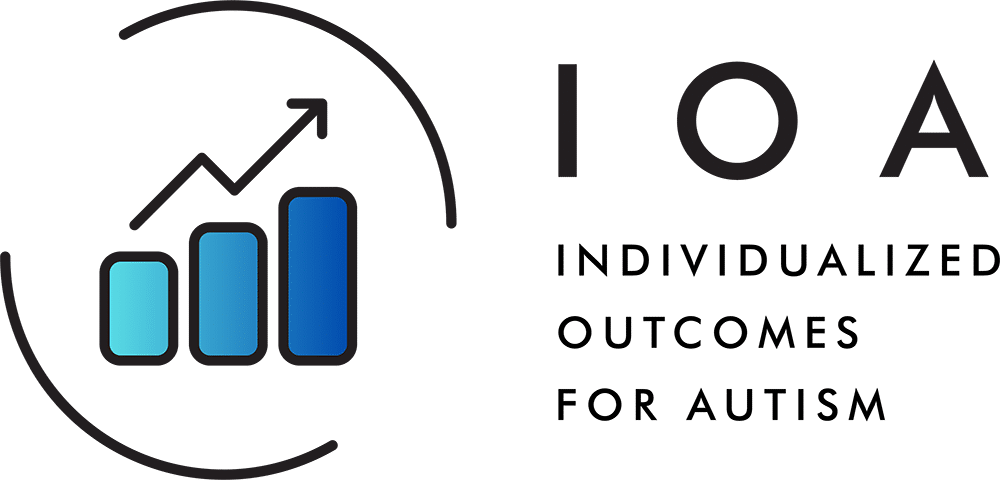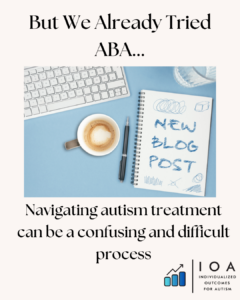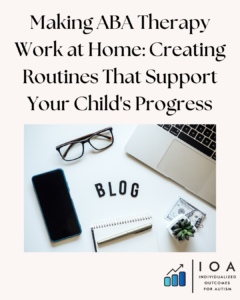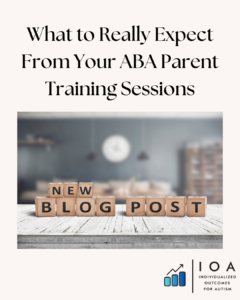
Building Early Communication Skills Through Play: No Flashcards Required!
When my son was diagnosed with a language delay at two, I was handed a stack of flashcards and worksheets. But you know what actually worked? Play. Racing trucks, silly sound games, and dance parties did more for his communication than any structured lesson ever could. Play is a child’s first language—it’s how they connect, learn, and communicate. Whether it’s turning a sensory bin into a conversation starter or using pretend play to build vocabulary, the best breakthroughs happen when we follow their lead. Forget the flashcards (at least for now) and embrace the messy, joyful magic of play. Communication will follow.





